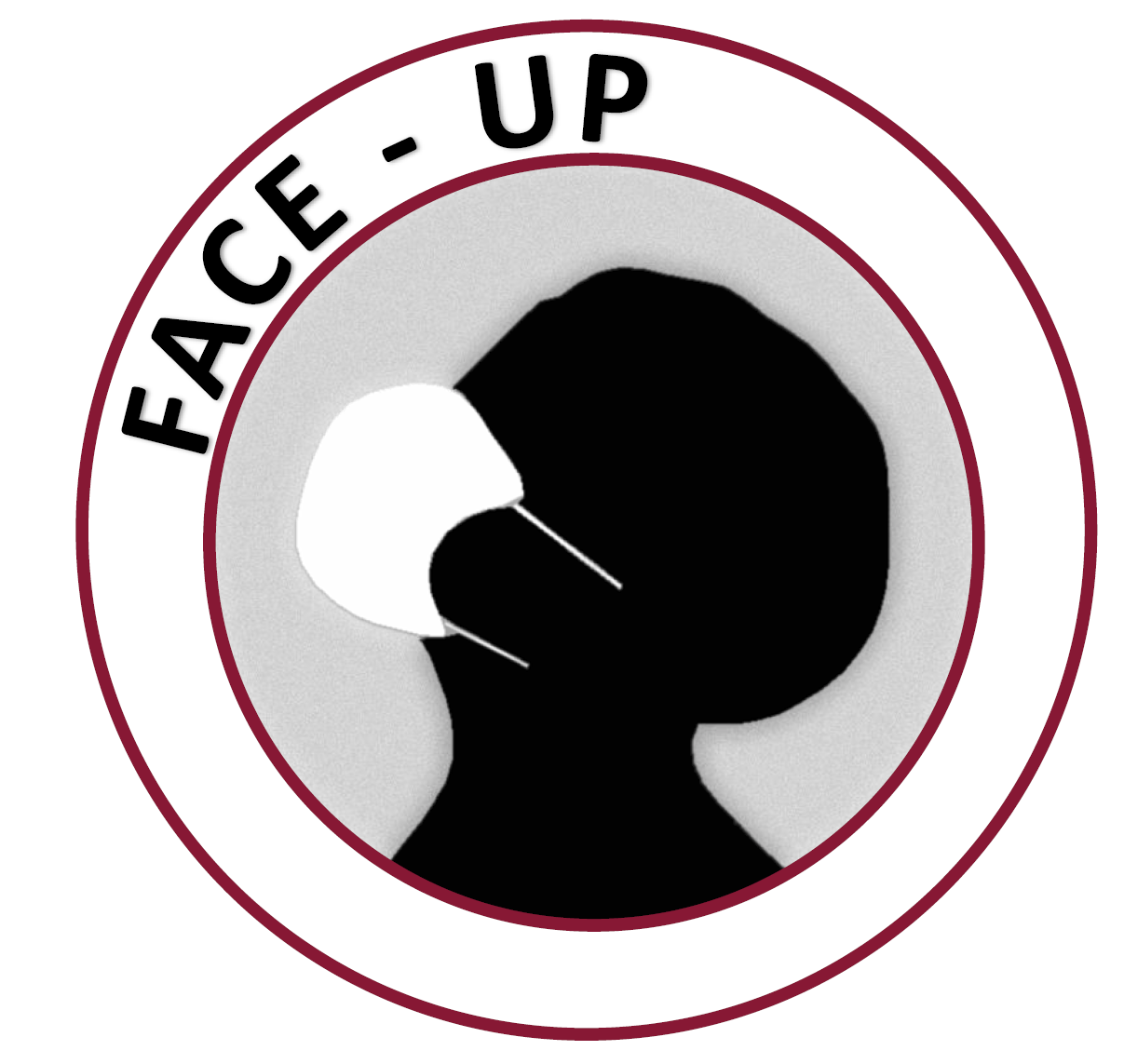We anticipate that no personal emissions reduction practice will offer full protection, and that there may be contextual influences which limit use/access. Therefore, we will explore the ethical implications of recommendation of partially effective practices for children. We will also examine justice-focused questions on the fair allocation and availability of interventions to children in an environment of scarcity given the many demands on resources faced by communities and governments of LMICs. This will involve:
1) Exploration of identified ethical issues using a systematic public health ethics (PHE) evaluative framework which combines ethical analysis and empirical evidence, thus striving for evidence-based PHE.
2) Analysis of key literature from academic, government and non-governmental agencies to inform the PHE framework.
3) Qualitative interviews with policy makers (to be incorporated into WP5 interviews) to determine their perceptions of ethical issues, what resources they would use to support decision making and how ethical issues are or might be managed by that agency to inform the PHE framework.
The outcome will be the development of two ethical frameworks to support decision making by policy makers in a variety of global contexts on: a) recommending interventions for children, and b) just allocation of interventions.
